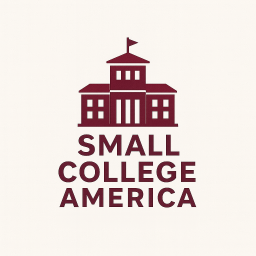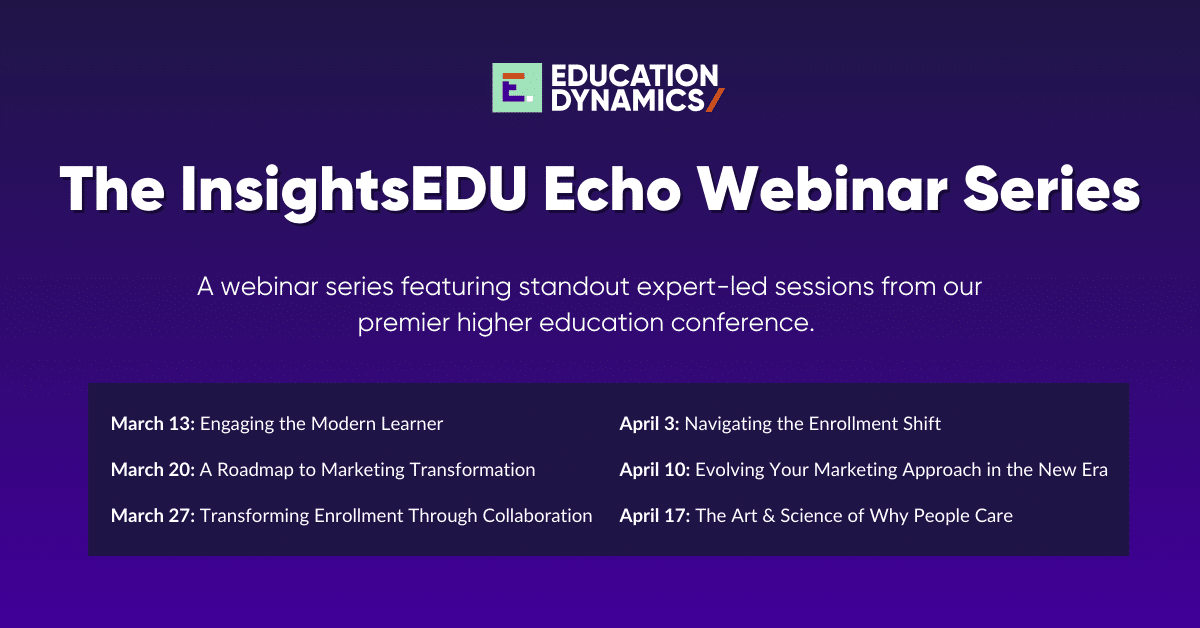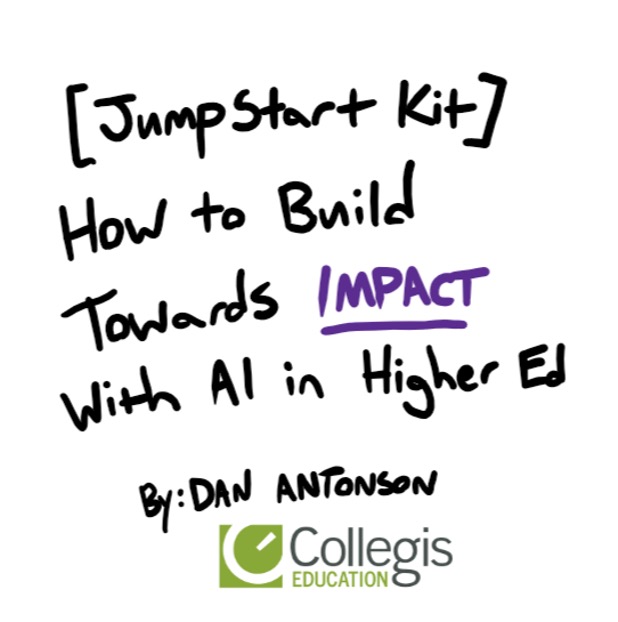by CUPA-HR | May 29, 2024
Reminder for the July 1 threshold update: Lawsuits challenging the final rule are underway. Though such challenges are ongoing, we expect the July 1 salary threshold to withstand legal challenges and to go into effect on that date. Institutions should therefore prepare to implement changes to comply with the July 1 threshold. We will continue to keep members apprised of any new legal updates on the final rule.
On May 8, CUPA-HR hosted the webinar “How the DOL’s Changes to Overtime Rules Will Impact Campus.” The webinar — presented by Josh Ulman, CUPA-HR’s chief government relations officer, and Laurie Bishop, partner at Hirsch Roberts Weinstein LLP — provided an overview of the upcoming changes to the Fair Labor Standards Act (FLSA) overtime regulations, including the new minimum salary thresholds and automatic updates that are included in the department’s final rule. Nearly 3,000 people attended.
During the webinar, CUPA-HR received several questions about the applicability of the final rule’s changes to institutions. To answer these questions, CUPA-HR’s government relations team has put together the following FAQ. We also encourage members to visit CUPA-HR’s FLSA Overtime News and Resources page for more guidance and to discuss potential changes with legal counsel and leadership at their respective institutions.
Background
On April 23, the Department of Labor (DOL) issued its final rule to alter the overtime pay regulations under the FLSA. The rule increases the minimum salary threshold to $43,888 on July 1, 2024, and then to $58,656 on January 1, 2025. The rule also implements automatic updates to the threshold that will occur every three years. Institutions will need to make all necessary adjustments by July 1, 2024, in order to be in compliance with the first increase under the final rule.
FAQs
- Do all exempt workers need to meet the minimum salary threshold requirement?
Not necessarily. Generally speaking, an employee must satisfy a three-part test to qualify as an executive, administrative and professional (EAP) employee and therefore be exempt from the FLSA’s overtime pay requirements: (1) the employee must be paid on a salary basis and paid the same amount each week regardless how many hours they work (unless the employee does not work at all that week), (2) the employee must receive a salary not less than the minimum salary threshold established by DOL, and (3) the employee’s primary duties must involve the kind of work associated with executive, administrative or professional positions.
Some workers, however, may be “exempt” even though they are paid below the minimum salary threshold. In 2019, DOL issued Fact Sheet #17S, which states that teachers, coaches and “academic administrative employees” that meet certain requirements can be exempt even though they are paid below the minimum salary threshold.
According to the guidance, teachers need not meet the minimum salary threshold if their primary duty is teaching, tutoring, instructing, or lecturing to impart knowledge, and if they are performing that duty as an employee of an educational establishment. This teaching exemption would include higher ed positions such as faculty, part-time faculty, adjunct faculty and others who primarily engage in teaching while working. Additionally, graduate students and postdoctoral employees whose primary duties are teaching, tutoring, instructing or lecturing may also qualify for the teacher exemption.
Coaches may also fall under the teacher exemption. As DOL explains, coaches whose primary duty is to “teach” student-athletes how to perform in their sport can qualify for the teacher exemption. The guidance clarifies, however, that coaches whose primary duties are recruiting students would not qualify for the teacher exemption, as their primary duty is not teaching, and are therefore subject to the three-part test used for most other employees.
DOL also explains that “academic administrative employees” need not be paid the minimum salary threshold if they meet the requirements of a separate exemption test. According to the guidance, “academic administrative employees” are administrative employees whose primary duty is “performing administrative functions directly related to academic instruction or training in an educational establishment.” DOL states that, in order for such employees to be exempt, they must:
- Satisfy the salary basis and salary threshold tests OR receive a salary of at least the entrance salary for teachers in the same educational establishment, and
- Have primary duties to perform administrative functions directly related to academic instruction or training in an educational establishment.
DOL explains that academic administrative employees at institutions of higher education generally include department heads; intervention specialists who respond to student academic issues; and academic counselors that may administer school testing programs, assist students with academic problems, and advise students on degree requirements. As with all exemptions, however, DOL clarifies that exemptions are granted based on the employee’s duties rather than their titles.
- Are students/graduate students exempt from overtime pay requirements?
In Fact Sheet #17S, DOL states that most students that work for their institution are hourly nonexempt workers who typically do not work more than 40 hours per week. However, DOL provides guidance on three types of student workers who may receive salaries or other non-hourly pay. These include graduate teaching assistants, who can fall under the teacher exemption if their primary duty is teaching; research assistants, who DOL says typically have educational relationships when performing research under faculty supervision and do not have employment relationships; and student residential assistants, who DOL states are not generally considered employees under the FLSA, as they are often students enrolled in educational programs and receive reduced room or board charges or tuition credits.
- How do the overtime pay requirements apply to part-time workers?
Part-time workers are required to meet all three tests (the duties test, salary basis test and salary level test) to be exempt from overtime pay requirements. Regardless of full- or part-time status, employees must be paid at least the minimum salary threshold on a weekly basis in order to be exempt from overtime pay requirements. That means that, beginning July 1, 2024, full- and part-time employees must be paid at least $833 per week in order to maintain exempt status, so long as the salary basis and duties tests are also met. The same will be true beginning January 1, 2025, when full- and part-time employees must be paid $1,128 per week per week to maintain their exempt status. It is important to note that the minimum salary threshold cannot be prorated for part-time employees.
- How do you determine nonexempt/exempt status for partial-year employment? For example, how do you determine exemption status for employees who work for less than 12 months per year but are paid their salary over a 12-month period?
According to the Wage and Hour Division (WHD) Field Operations Handbook, institutions “may prorate the salary of an otherwise-exempt employee who has a duty period of less than a full year.” For example, an employee who works a nine-month schedule but receives paychecks over a 12-month period may have their checks prorated over the actual period of work (nine months) to determine whether the employee is paid at least the salary threshold.
Example: An employee who works for nine months (39 weeks) of a year but is paid over a 12-month period receives a salary of $40,000 ($769.23 per week), which would fall below the new July 1 salary threshold of $43,888 per year ($844 per week). Without prorating the salary, it would appear that the employee would need to be classified as nonexempt for failing to meet the minimum salary threshold. However, because DOL allows for employers to prorate the salary of the partial-year employee, the nine-month employee would actually meet the salary level requirement because the prorated weekly salary is $1,025.64 ($40,000/39 weeks), which is well over the July 1 level of $844 per week. As such, the nine-month employee could be classified as exempt, so long as they also meet the salary basis and duties tests. It is important to note, however, that the nine-month employee cannot perform any work outside of the nine-month period if employers choose to prorate their salary to meet the minimum salary threshold.
- Can room and board be included in total compensation to meet the salary threshold?
No. In the existing overtime regulations, DOL specifies that “an [exempt] employee must be compensated on a salary basis at a rate of not less than $684 per week … exclusive of board, lodging or other facilities.”*
CUPA-HR has historically advocated for the inclusion of room and board in the total compensation considered when determining whether an employee meets the salary level test, and we most recently included this request in our comments responding to the 2023 proposed rule. Despite these efforts, DOL has declined to update the regulations to allow for this. In the 2024 final rule, DOL states that they received comments about granting employers the ability to credit the value of board and lodging towards the salary level, but they declined to address the issue as they view it as outside of the scope of the rulemaking.
*Note that the $684 per week refers to the current salary threshold. Beginning on July 1, 2024, the new minimum salary threshold will be $844 per week, and beginning January 1, 2025, the new minimum salary threshold will be $1,128 per week.
- Can other benefits, such as health insurance, dental insurance and tuition reimbursement, be counted toward an employee’s salary to meet the salary threshold?
No. Similar to room and board, benefits provided to an employee such as health and dental insurance or tuition reimbursement cannot be counted toward an employee’s salary to meet the salary threshold. These would fall under “other facilities” as included in the regulatory language.
- Can institutions provide compensatory time to nonexempt employees in lieu of overtime pay?
Under the FLSA and its implementing regulations, nonexempt employees at a “public agency” may be compensated with compensatory time off in lieu of overtime pay. Fact Sheet #17S explains that a public institution may be considered “a public agency under the FLSA if it is a political subdivision of a state.” To determine whether a public institution falls under the definition of a “political subdivision,” DOL considers “whether the state created the [institution]” or “if individuals administering the [institution] are responsible to public officials or the general electorate.”
At qualifying public institutions, nonexempt employees may be compensated with compensatory time off at a rate of not less than one and one-half hours for each hour worked over 40 hours in a given workweek. Most nonexempt employees are not allowed to accrue more than 240 hours of compensatory time off, but nonexempt employees who work in public safety, emergency response or seasonal activity may accrue up to 480 hours of compensatory time off.
- My institution is in a state where the minimum salary threshold for overtime pay exemptions is higher than that of the federal standards. Does the federal level take precedence over my state’s salary threshold?
No. The minimum wage and overtime requirements under the FLSA are meant to establish a floor for pay requirements. This means that institutions in states that have minimum salary requirements for overtime exemptions that are higher than the federal FLSA requirements must adhere to the state levels. For example, in 2024, California mandates that employees must earn an annual salary of at least $66,560 to be exempt from overtime pay requirements. This is significantly higher than the July 1, 2024, level established in DOL’s recent final rule ($43,888 per year). In this case, institutions in California must adhere to the state’s level for overtime exemptions.
- Will the final rule be challenged in court?
Yes. On May 23, a group of 13 local and national associations and Texas businesses filed suit in federal court in Texas, challenging the U.S. Department of Labor’s rule setting new minimum salary thresholds for the white collar overtime pay exemptions under the FLSA. The suit claims that the salary threshold that goes into effect on January 1, 2025, is so high it will result in more than 4 million individuals being denied exempt status, even though these individuals could be reasonably classified as exempt based on their duties, and in doing so, the rule violates both the statutory language of the FLSA and prior court decisions. The suit also challenges the automatic updates.
CUPA-HR will continue to provide regular updates on DOL’s overtime final rule and the court case underway.
Disclaimer: The purpose of this blog post is to provide additional information from existing guidance, regulations and laws from the federal government on the FLSA overtime regulations. Content included in this blog post does not constitute legal advice. We encourage members to speak with their institution’s legal counsel about appropriate ways to implement changes on their respective campuses.
Share This Article:



![Digital Darwinism in Higher Ed: Adapt Your Marketing for AI — or Get Left Behind [Webinar]](https://blog.college-counseling.com/wp-content/uploads/2025/04/How-to-Unlock-Graduate-Enrollment-Growth-Webinar.webp.webp)





